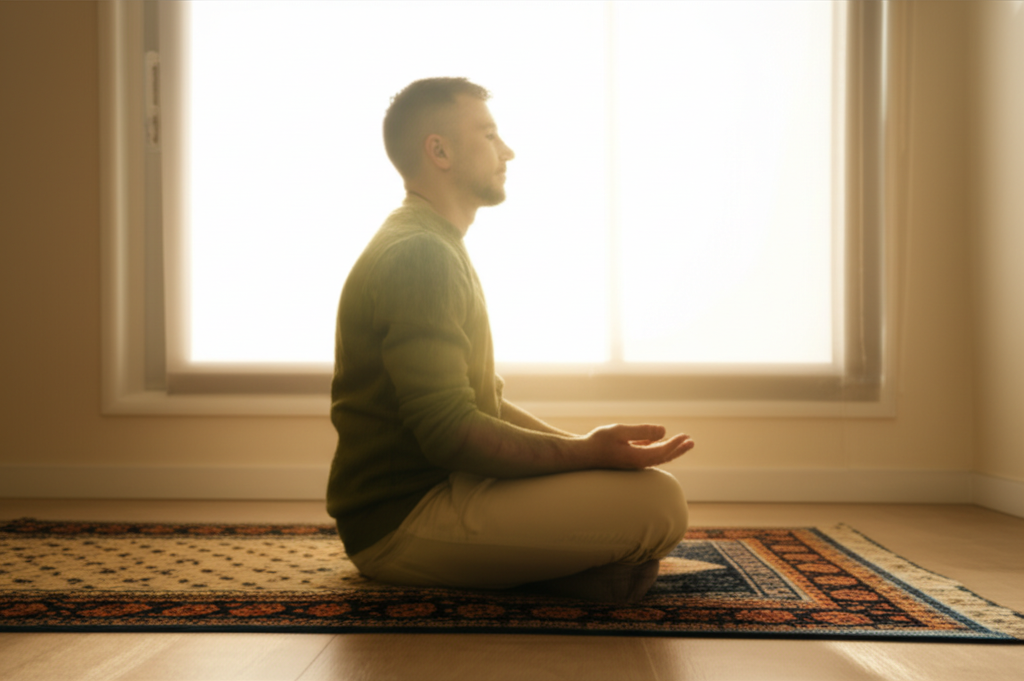Alright, let's dive into the fascinating world of Halal living and how it connects to our mental well-being. It's more than just following rules; it's about crafting a life that nourishes your mind, body, and soul. Let's explore this synergy together.
Halal Lifestyle & Mental Wellbeing Synergy
The Halal lifestyle, at its core, is about living in accordance with Islamic principles. This encompasses not just dietary choices, but also ethical conduct, financial responsibility, and, importantly, spiritual connection. Interestingly, many of these facets directly contribute to improved mental health.
A key component is the emphasis on community and social responsibility. Strong social connections are proven to combat feelings of loneliness and isolation, both significant contributors to depression and anxiety. Regularly engaging in acts of kindness and supporting our community fosters a sense of purpose and belonging, boosting overall well-being.
The daily prayers (Salah) are a cornerstone of Halal living, and their impact on mental health is profound. They offer structured moments of reflection and gratitude throughout the day, a much-needed pause in our often-chaotic lives. This act of intentional connection with the Divine can foster a sense of peace and tranquility.
- Mindfulness in Halal Living: Practicing mindfulness can amplify the benefits. This involves being fully present in each moment, whether it's during prayer, preparing a Halal meal, or interacting with others. It encourages us to appreciate the blessings in our lives.
- Gratitude is Key: Make it a daily habit to reflect on things you're grateful for. This simple practice shifts your focus away from negativity and helps cultivate a more positive outlook.
- Ethical Conduct: Striving for honesty, integrity, and fairness in all our dealings reduces stress and promotes feelings of self-worth. This peace of mind is invaluable for mental wellbeing.
Ultimately, the Halal lifestyle, when embraced holistically, naturally integrates practices that support mental and emotional wellbeing. It’s about intentionally weaving mindfulness, gratitude, and strong ethical values into the fabric of our daily lives. By doing so, we cultivate a life that is not only pleasing to Allah but also contributes to our inner peace and happiness.












